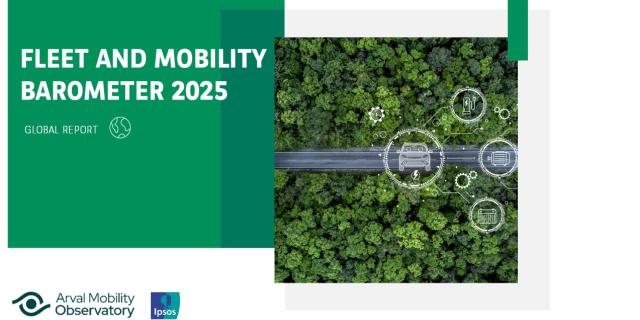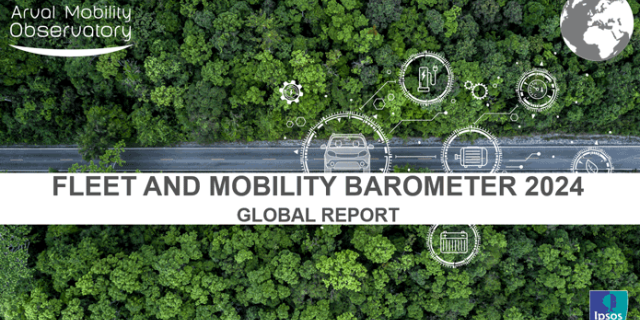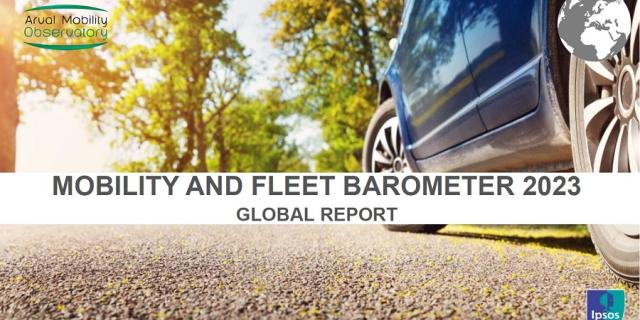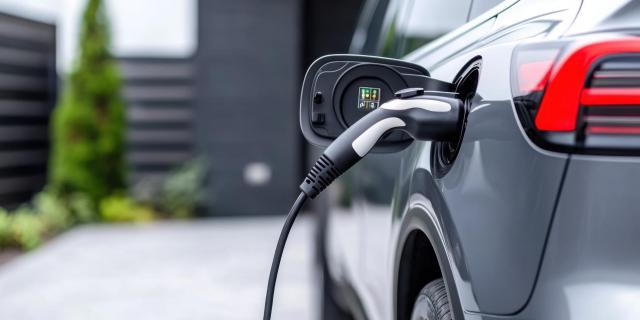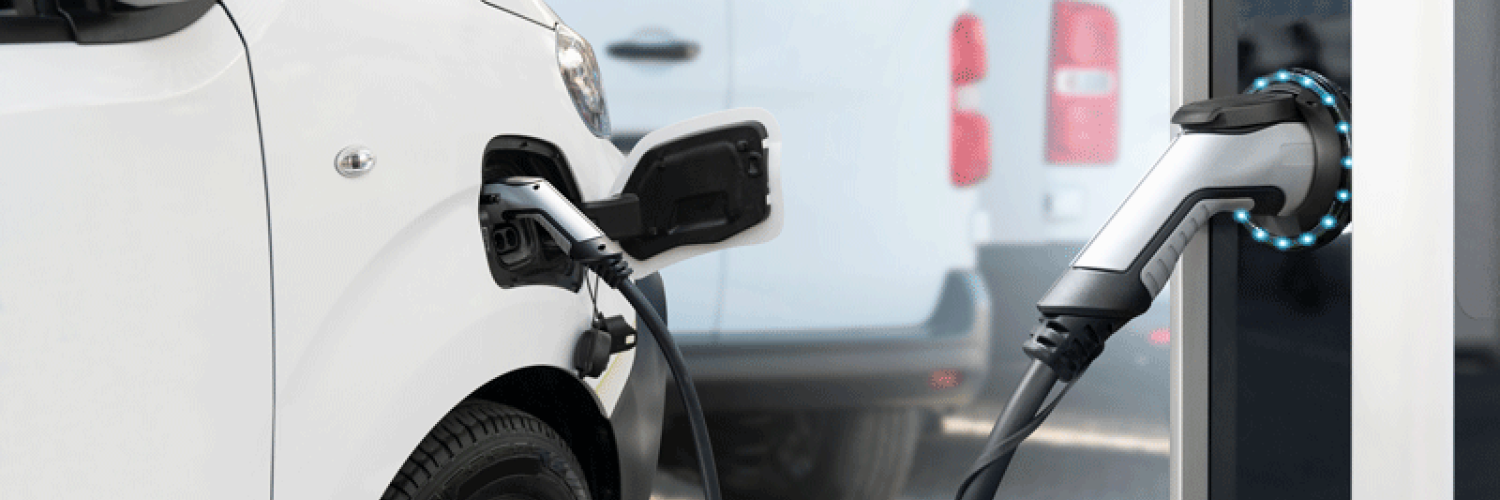WHITE PAPER: FAST FORWARD TO ELECTRIC VEHICLES
In 2018, pure internal combustion engines1 (ICE) still accounted for 95% of all passenger car registrations in Europe. Within the next 5 years this will drastically change, with electrified vehicles making up almost half of the market by 2025 and growing to more than 70% by 2030. This shift away from petrol and diesel to electrified vehicles will be as drastic as the drop of diesel in the last few years and there are very good reasons for explaining this change.
Fast forward from ICE to EV
The internal combustion engine will remain a key component of the energy mix for some time to come and not only because hybrid vehicles still require a combustion engine.
Car manufacturers will also need time to shift their production lines to full electric vehicles in a cost effective way, whilst continuing to upgrade the existing diesel and petrol engines to bridge this transition.
Through 2020, the shift towards full electric vehicles will continue to accelerate, with the latest diesel and, to a lesser extent, petrol vehicles continuing to be a suitable choice for fleet customers in quite a number of cases.
But make no mistake, the shift from ICE to EV vehicles has started and it is important not to be left behind.
Arval's mission and approach
Arval’s mission is to help clients to make the right choice in this rapidly evolving vehicle manufacturing environment, giving expert advice on powertrain choices and the mobility solutions to take that make sense in the short, medium and long term.
Arval’s consulting teams, through the Arval SMaRT (Sustainable Mobility and Responsibility Targets) approach, can support companies in their fleet and mobility profiling exercise and help them to build or develop their car and mobility policies to tackle these new challenges.
Considering Arval’s and more broadly BNP Paribas’ CSR ambitions, we want to be key contributors in the energy transition. This does not only mean that we continuously are investing and partnering to expand our services to promote full e-mobility and connected mobility, we have also committed to fully deploy the principles that come out of SMART to ourselves including the full review of our own car policies, a process that has been started from the moment we launched SMaRT during summer last year.
White Paper Motivation
Following the Arval "Clearing the Air around Diesel" white paper in November 2017, this new paper aims to provide an update to the changing automotive landscape. Along with an overview of the primary powertrains available going forward and the use cases in which to consider them individually, this paper includes the Arval's approach in selecting the optimal powertrain, 10 reasons to introduce battery electric vehicles (BEV) in your fleets and provides recommendations on how to successfully make this transition.
By publishing it, Arval recommends that whilst the latest Euro 6d diesel vehicles, together with petrol and other electrified options, will remain a valid option for many drivers, it is time that fleet operators prepare themselves for an accelerated shift towards BEVs over the next few years, particularly where there are strong corporate and personal tax incentives in place or upcoming.
This is a changing political environment and the content in this paper is based on the information available to date and any potential implications and options are not limited to what is detailed in this document.
1 | Conventional internal combustion powertrain (pure petrol and diesel) with no electric or air drive. Stop/start systems (including micro-hybrids) are counted here.





